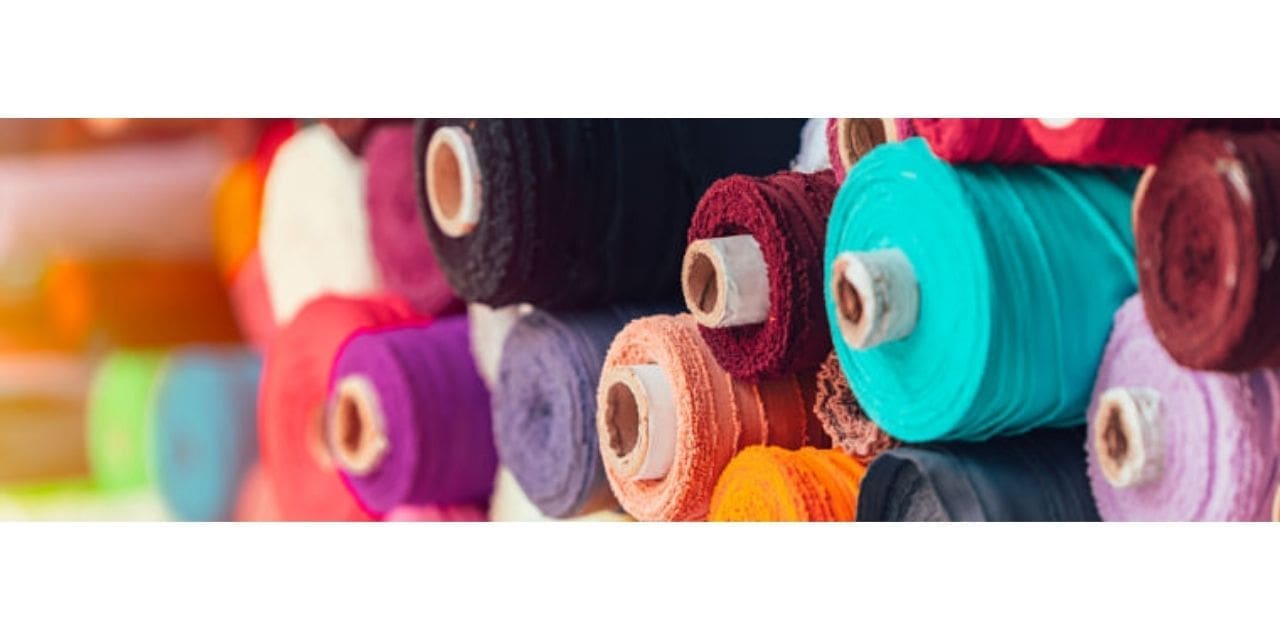In the absence of duty-free access for the export of textiles and clothing products, the export of Indian textiles and clothing had been stagnated during the last five years. India has been pushed to sixth position in the global trade of total textiles and clothing products from its second position due to withdrawal of certain export benefits extended for yarns and fabrics and other products such as incremental export incentive, focus product and focus market export incentives, interest subvention, etc. The industry has been pleading the Government to create a level playing field to enhance the global competitiveness by refunding all the embedded taxes relating to State and Central levies to avoid export of taxes and thereby enhance global competitiveness.
After the introduction of GST, the GST input tax credits are refunded while several other products where inverted duty issue is there (like manmade fibre textile products), the exports continue to suffer. The duty drawback system already takes care of the refund of customs and other Central levies. The RoSL/ RoSCTL benefits were extended only for garments and made-ups. The Government made an announcement of refunding the embedded taxes through RoSCTL scheme. In addition, the Government also extended MEIS benefit in lieu of focus product and focus market incentive. As the Government had to switch over to WTO compatible schemes, most of the export benefits were withdrawn except duty drawback especially for the yarns and fabrics. Today, the Government continued to extend the RoSCTL benefit for garment and made-ups now has been recently extended upto 31st March 2024. The Government had announced the RoDTEP scheme giving effect from 1st January 2021.
In a Press Release issued here today, Mr.Ashwin Chandran, Chairman, The Southern India Mills’ Association, has thanked the Hon’ble Prime Minister, Hon’ble Minister of Finance and Hon’ble Minister of Commerce, Industry and Textiles for announcing the rates when the industry is in the process of getting good market opportunities in the post-WTO regime. He has said that the cotton yarn and fabrics were hitherto eligible only for duty drawback and now on, the cotton yarn will get 3.8% RoDTEP with a cap of Rs.11.40 per kilo and woven fabric of 4.3% with a cap of Rs.3.4 per sq.metre. He has said that this would give impetus and opportunity for India to increase exports, convert the raw cotton being exported into value added products, increase foreign exchange and create jobs for several lakhs of people, apart from utilizing the surplus capacity already created both in the spinning and weaving sectors. SIMA Chairman has stated that the knitted fabric has been given only 1% and requested the Government to review the rate based on modular RoDTEP calculation. He has said that the knitted fabric made out of yarn should get higher benefit than the yarn which has been taken care in the case of woven fabric.

